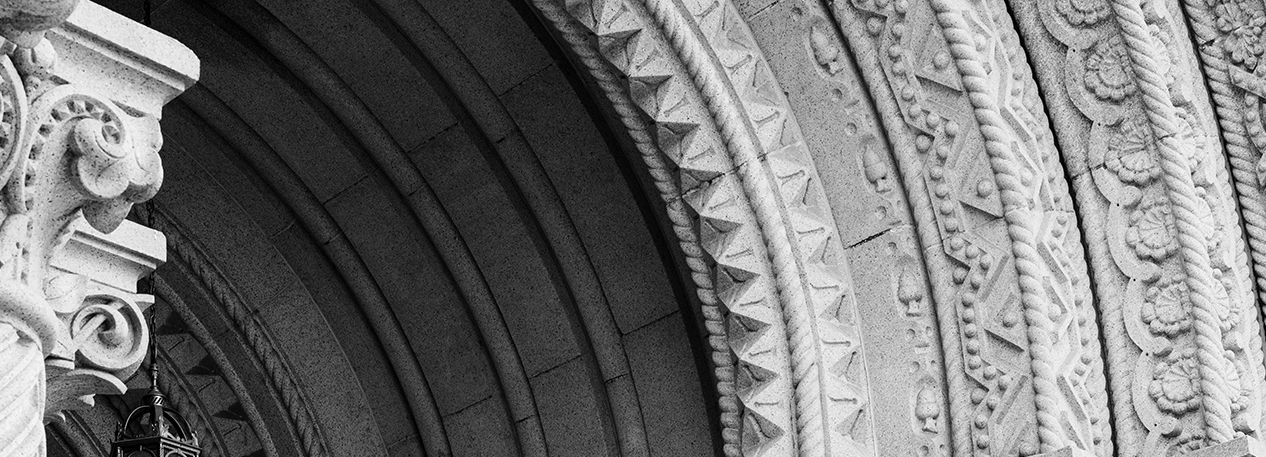For immediate release
Contact: Daneil Mazone, Media Relations, 267-535-1808
Philadelphia, PA — The value of the U.S. central bank's structure in strengthening local and national economies was underscored by Federal Reserve Bank of Philadelphia President Patrick Harker during a speech today at the Athenaeum of Philadelphia.
Tracing its history from its 18th-century roots, Harker outlined features of the Federal Reserve that bolster its ability to function effectively, emphasizing its independence from the influence of politics. “If the Fed were open to interference by elected officials, that pressure could result in short-termism and encourage hasty decisions to please political ends rather than economic ones,” Harker said.
Harker did, however, explain the limitations of monetary policy in stimulating economic growth. “Our job is to create the conditions in which a healthy economy can thrive, but we're essentially tilling the land,” Harker said. “Sowing the seeds and tending the crops are the province of legislative action.”
Harker concluded by reiterating the importance of clarifying the Federal Reserve's roles and responsibilities. “We operate on the good faith of the American people, and it's important that we be as clear as we can be about the steps we're taking to protect our economy,” Harker said. “And it's an economy we all live and work in; it's an economy we're steering for our families as well as yours, so we all have skin in the game.”
Read the speech.
The Federal Reserve Bank of Philadelphia helps formulate and implement monetary policy, supervises banks and bank savings and loan holding companies, and provides financial services to depository institutions and the federal government. It is one of the 12 regional Reserve Banks that, together with the Board of Governors in Washington, D.C., make up the Federal Reserve System. The Philadelphia Federal Reserve Bank serves eastern and central Pennsylvania, southern New Jersey, and Delaware.
The Athenaeum of Philadelphia is an independent member-supported library and museum that engages members, scholars and the interested general public to join actively in the cultural and intellectual life of Philadelphia and participate in historical, literary and educational activities. To that end, the Athenaeum must be a diligent steward of its National Historic Landmark building and its collections of books, manuscripts, architectural drawings, photographs, and historic objects.
